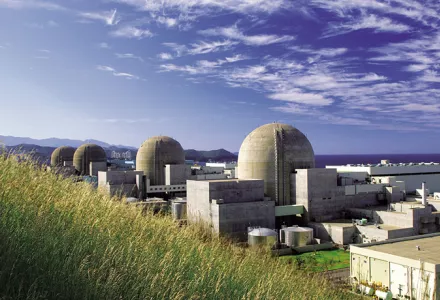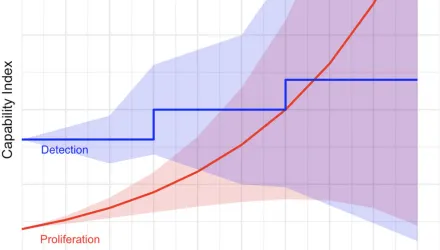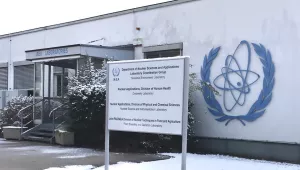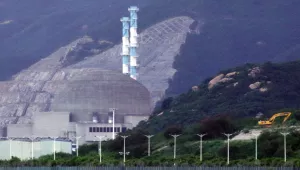Asia-Pacific Nuclear Governance: Feeble, Fragmented but Fixable?
Nuclear governance at the regional level in Asia-Pacific is alarmingly fragmented and feeble. An array of disparate, small bodies with varying memberships seek to address safety, security, nonproliferation, and disarmament, but without adding much to the global arrangements. Dr. Findlay will examine the future likely trajectory of nuclear energy in the region, the regional drivers of and constraints on strengthened regional governance, and the likelihood of a comprehensive, integrated nuclear governance regime emerging.




